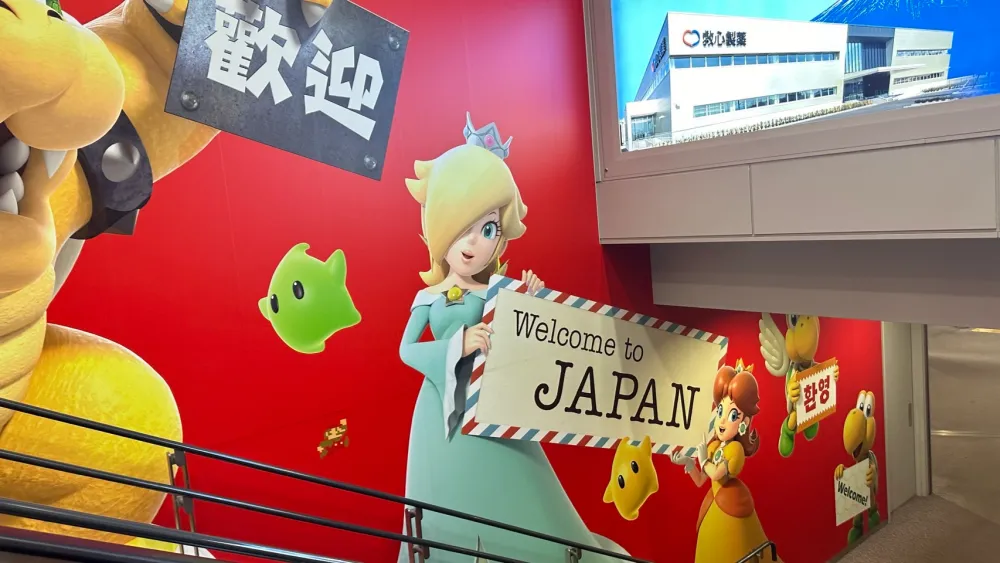*Please understand that as this translation is done using AI, it may not be entirely accurate.Thank you for your understanding.
From June 11 to 19, 2024, Hiroshi Yamamoto of Kaikikofu traveled to Warsaw, the capital of Poland. He was invited by NipponMED, a partner organization of Kakikofu, to supervise and conduct a special lecture for the first graduating class of their course on traditional Japanese Shinkyu techniques.
Departing Narita at around 10:30 PM on the 11th, I arrived in Warsaw at around 5:30 AM local time on the 12th. I was greeted by the organizer, Oskar, whom I last met at a seminar in Genoa in 2019, and the last time I was in Poland was for a seminar in September 2017, making this my first visit in about seven years. If it weren’t for the COVID-19 pandemic, I would have visited during this period as well, but all plans were postponed. In retrospect, it was a good thing. The past few years allowed us to
strengthen our foundational skills, refine our techniques, and consolidate our knowledge.
During this trip, I shared the knowledge and skills I had honed and organized over the past few years.
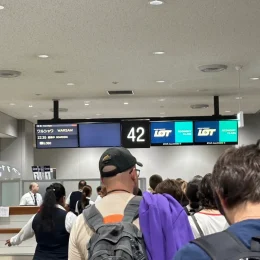
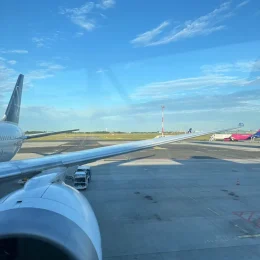
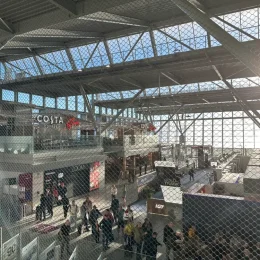
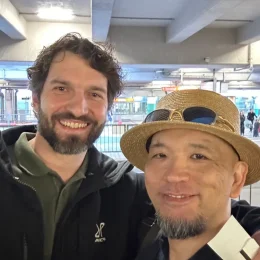
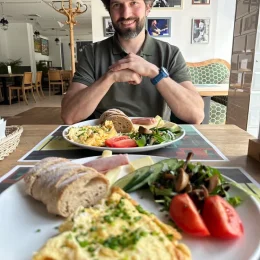
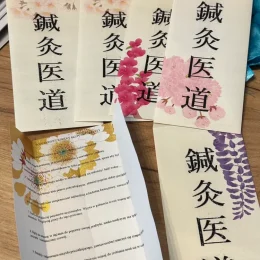
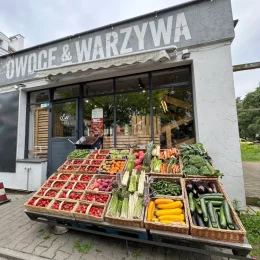
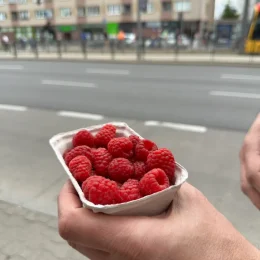
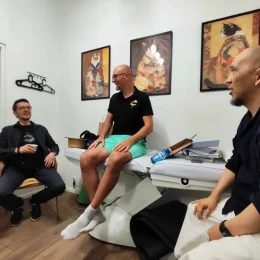
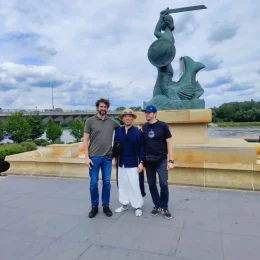
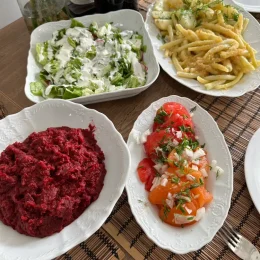
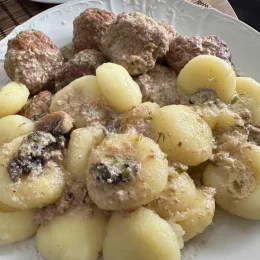
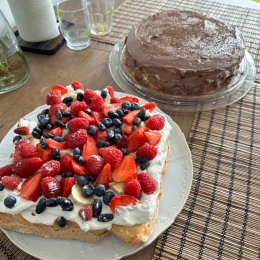
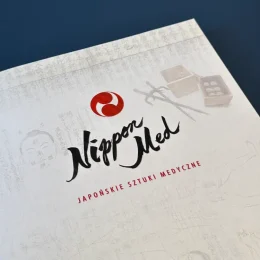
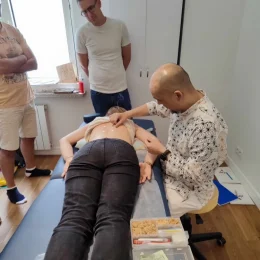
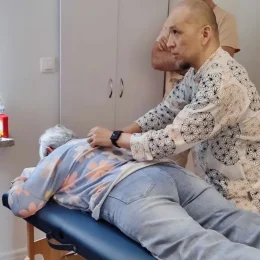
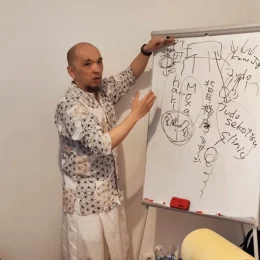
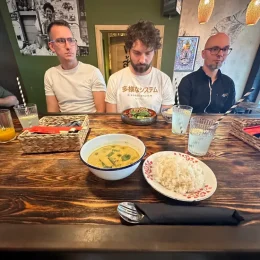
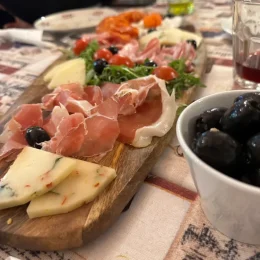
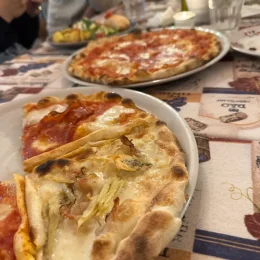
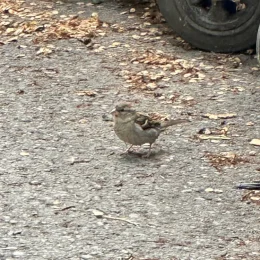
On the 13th, the day after my arrival, I visited a Shinkyu clinic in Warsaw, where I met the students (six in total) and began the clinical training. Five Polish students came from various regions, and I treated patients while explaining the procedures to everyone. The students, already healthcare professionals such as physical therapists and midwives, with several years of clinical experience, brought their own patients. They were keenly observing Japanese-style Shinkyu treatments, as they had few opportunities to see it performed by a Japanese practitioner. I showcased various techniques using different tools.
That night, we moved to a serene rural area about an hour and a half drive from the city center. Poland, meaning “flat land,” is mostly flat except for the southern part, and the drive offered a scenic view of the flat horizon, an experience impossible to see in Honshu. It was truly moving. After an hour and a half, we arrived at a 17th-century manor house. This manor has been renovated and is now rented out as a guest house. The host family managing it were incredibly hospitable, providing excellent and courteous service during our three-day stay.
All the graduates stayed here, and we conducted the graduation exams and special lectures in a “training camp” format. One of the students had a close relationship with the host family, which made this camp possible. The host family served delicious Polish cuisine for breakfast, lunch, and dinner. Although few Japanese visit Poland, I highly recommend it. There are very few Polish restaurants in Japan, but you will surely find the food to your liking.
From the 14th to the afternoon of the 16th, I taught the history, philosophy, theories, and techniques of traditional Japanese medicine. We conducted both written and practical graduation exams, and everyone passed successfully! On the final day, we presented graduation certificates and commemorative gifts. That evening, after three days of training, we headed back to Warsaw. It was an excellent stay.
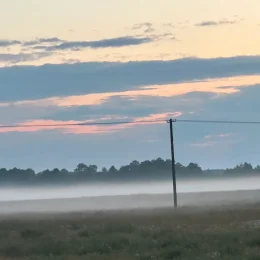
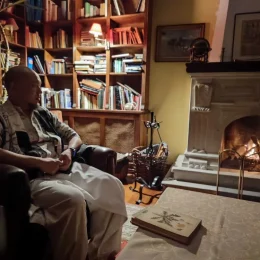
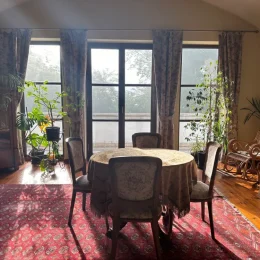
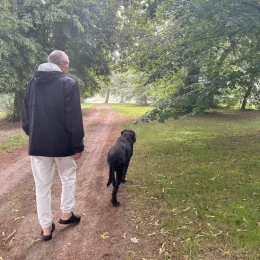
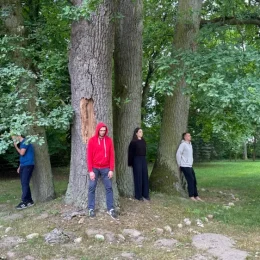
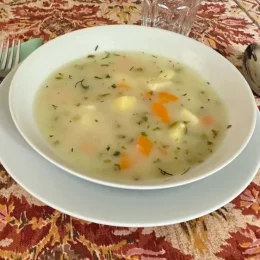
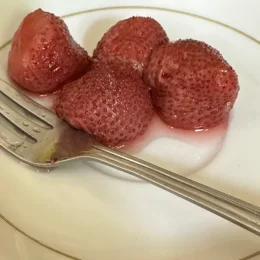
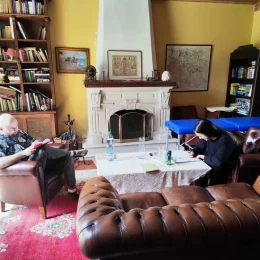
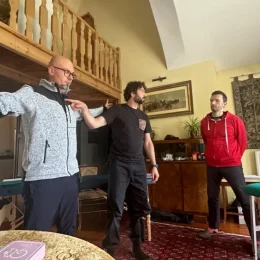
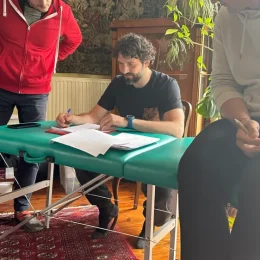
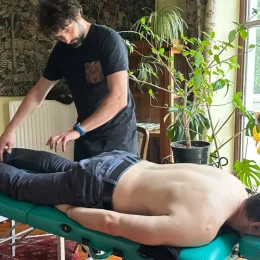
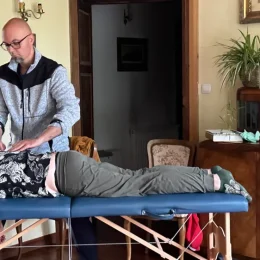
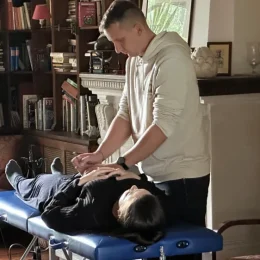
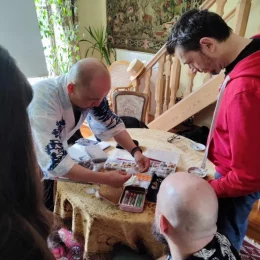
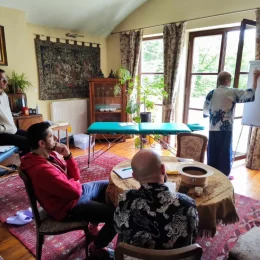
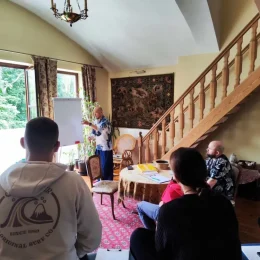
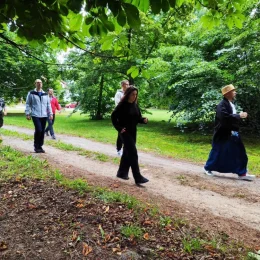
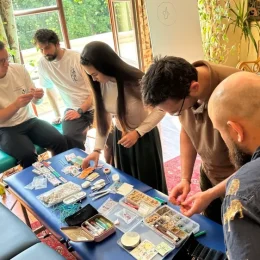
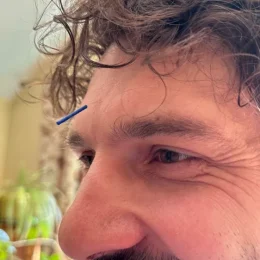
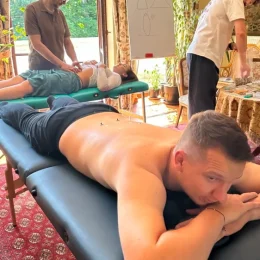
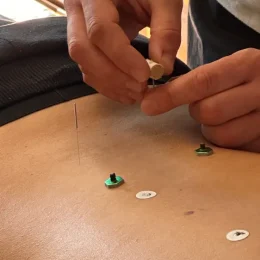
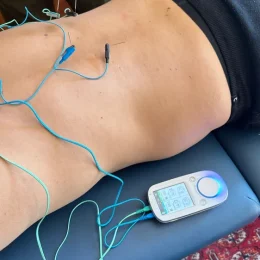
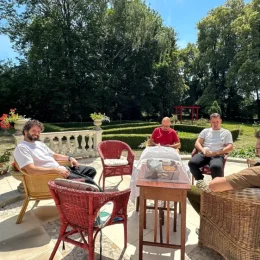
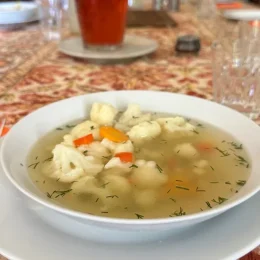
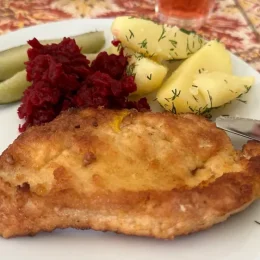
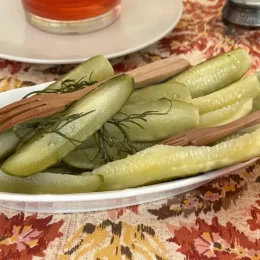
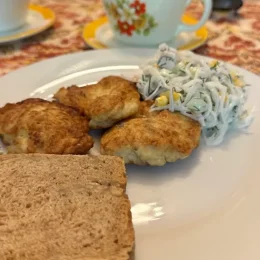
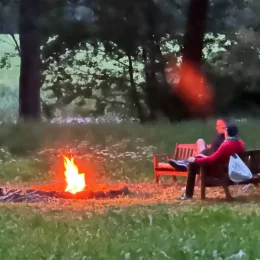
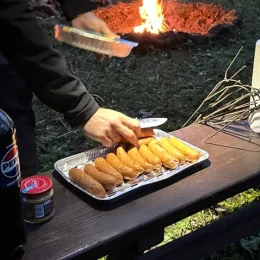
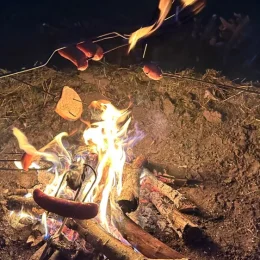
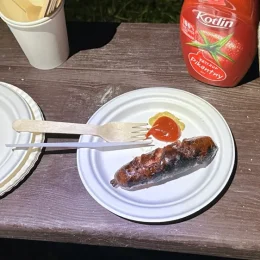
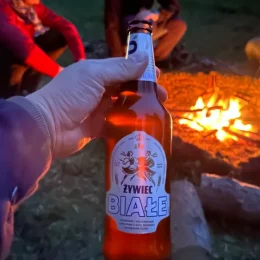
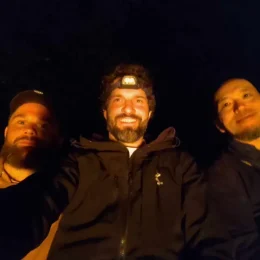
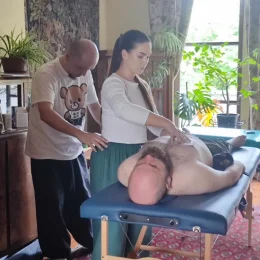
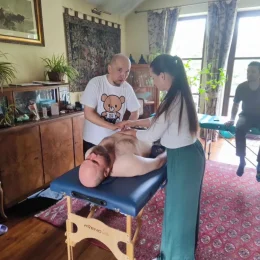
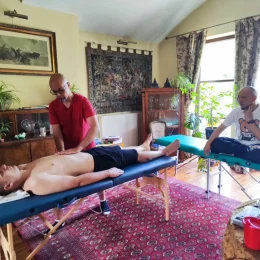
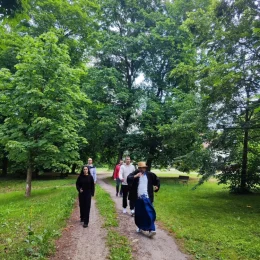
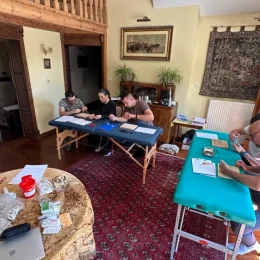
On the 17th, we conducted another clinical training session at the Shinkyu clinic in the city center. Around four patients came, and I demonstrated various treatment techniques for conditions such as shoulder stiffness, insomnia, ACL injuries, chronic lower back pain, endometriosis, and more. During the two clinical training sessions, I showed treatments tailored to each patient’s condition and constitution.
According to follow-up reports, the students have been utilizing what they learned from the training and camp in their daily work. The impact was reportedly at a different level from what they had previously considered. They expressed their joy, stating that the training was enough to shatter their previous worldviews and that the skills they learned are already benefiting Polish people. There is no greater joy than knowing our work is making a positive impact.
After the training session in the evening and on the 18th, the students residing in Warsaw took me on a city tour. They shared many stories, and I learned a lot about Poland’s often tragic history. In modern times, Poland has endured the control, massacres, and destruction by the Nazis and the Soviets. The beautiful museums displayed many artifacts from those times, including numerous “empty frames” which were said to have been taken by the Nazis.
Despite this history, Poland is economically growing and gradually strengthening its national power as an EU member state. While there are still many uncertainties, Poland has a future to build. It would be wonderful if traditional Japanese medicine is recognized in Poland and becomes one of the healthcare options that help them.
Kakikofu will continue to foster exchanges with Poland and support them in the future.
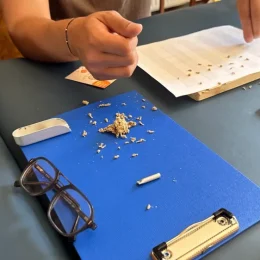
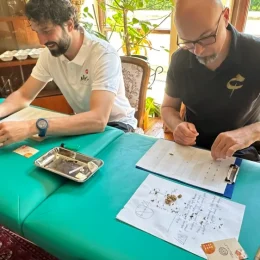
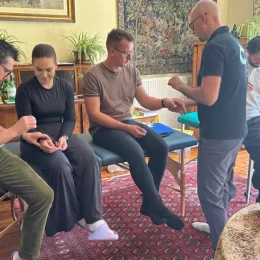
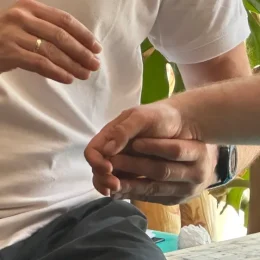
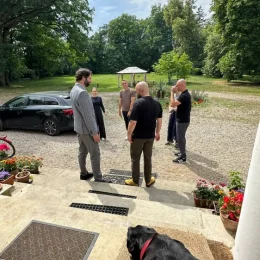
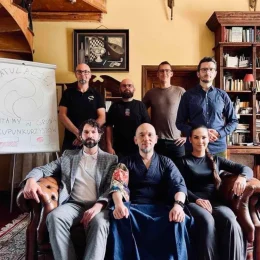
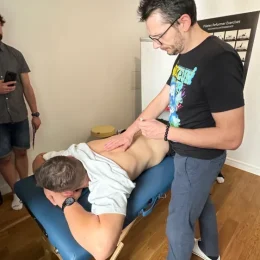
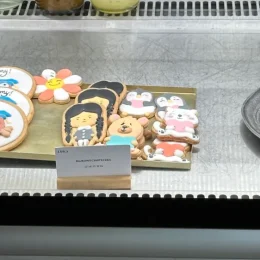
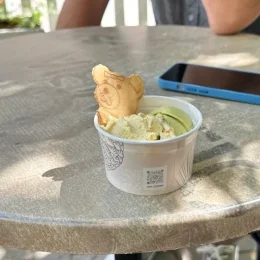
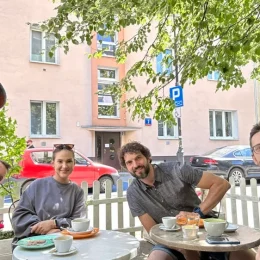
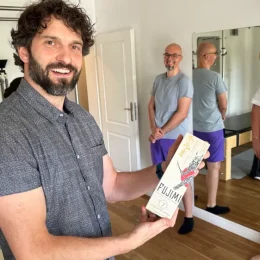
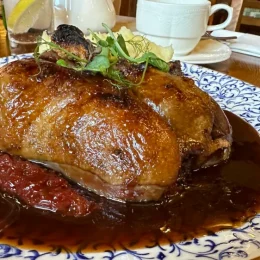
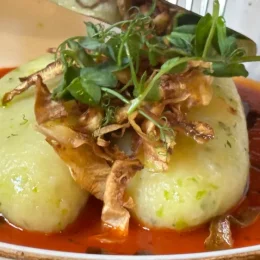
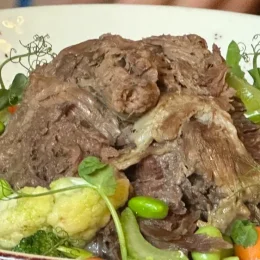
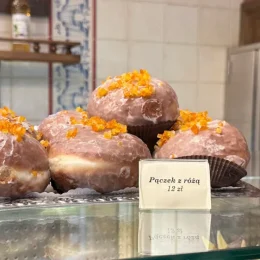
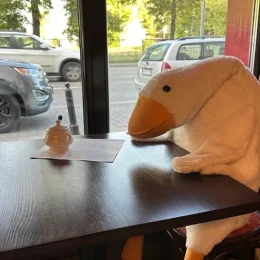
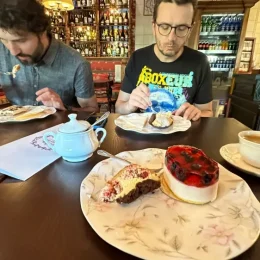
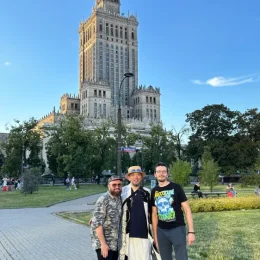
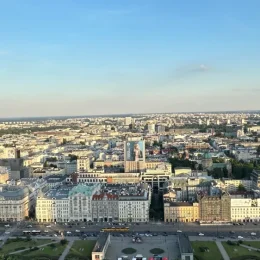
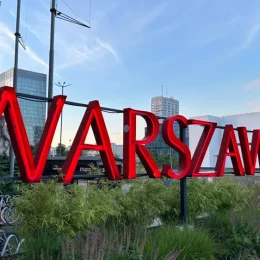
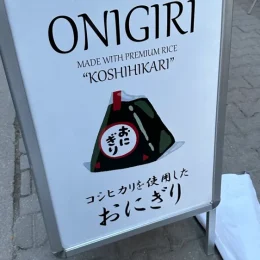
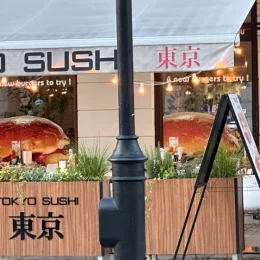
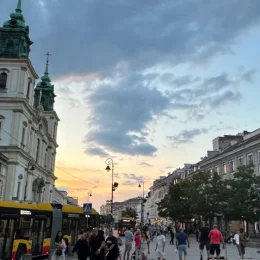
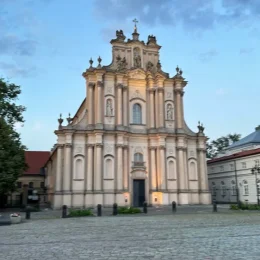
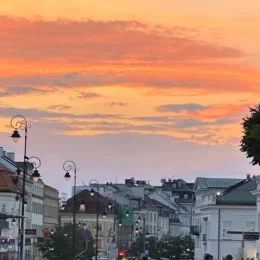
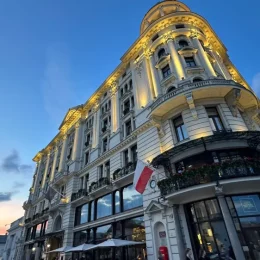
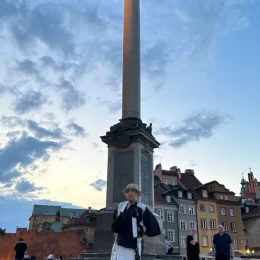
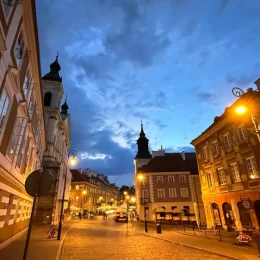
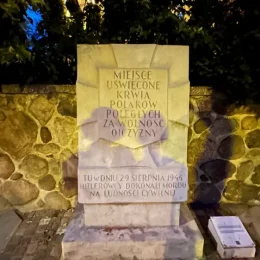
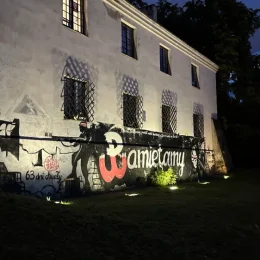
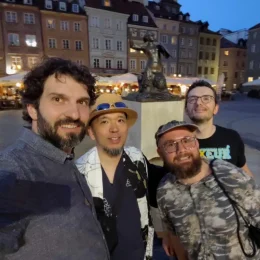
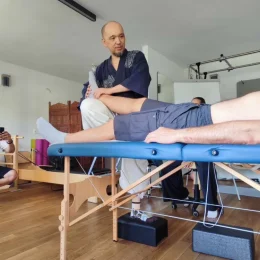
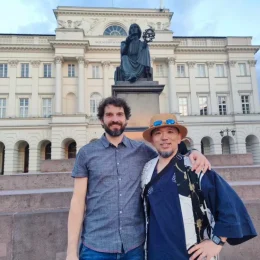
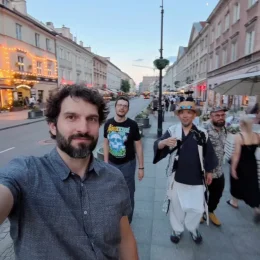
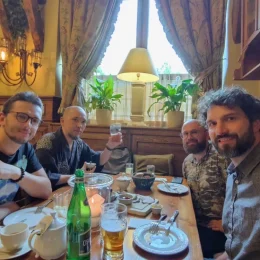
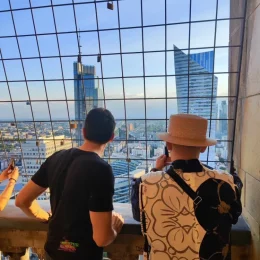
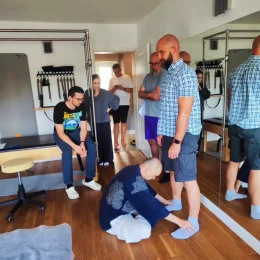
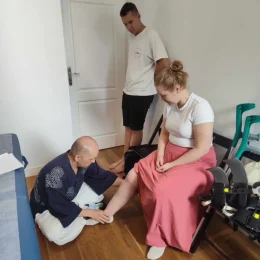
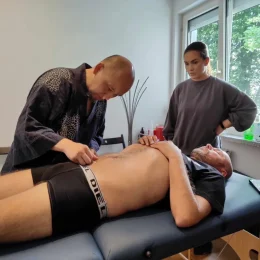
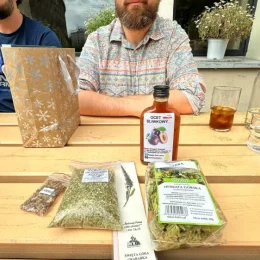
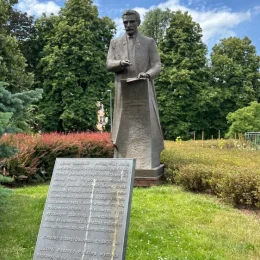
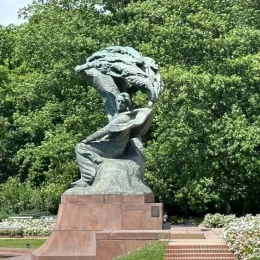
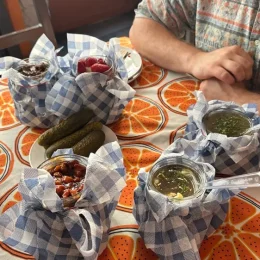
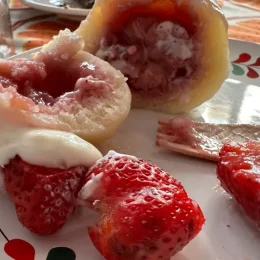
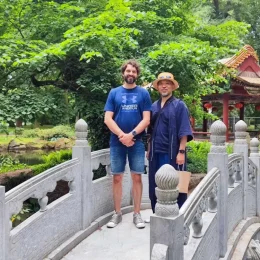
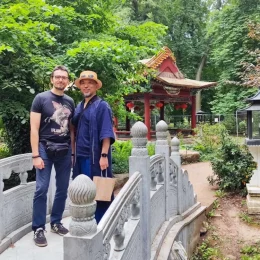
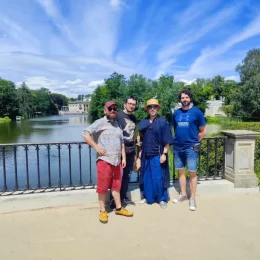
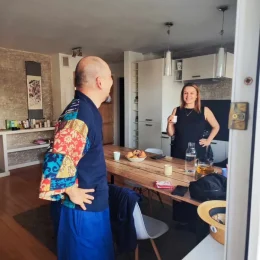
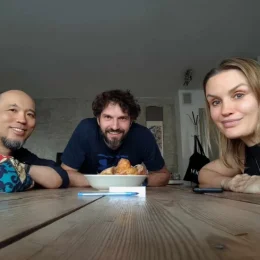
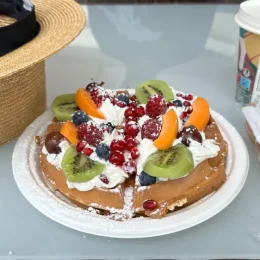
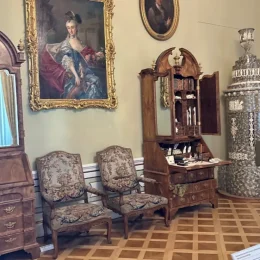
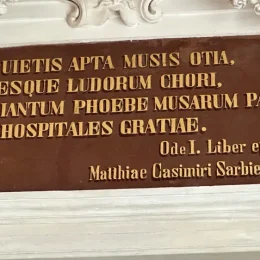
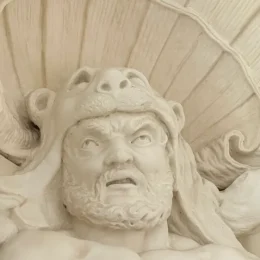
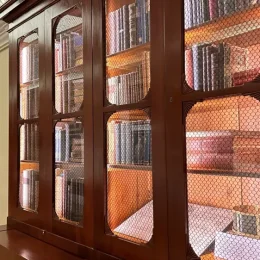
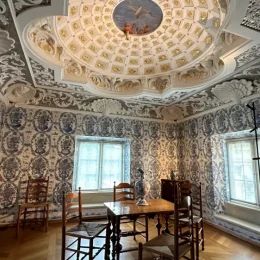
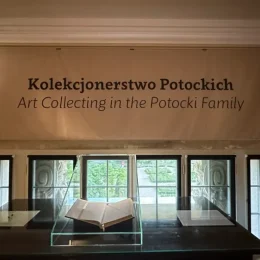
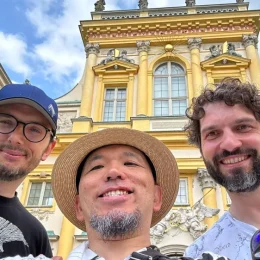
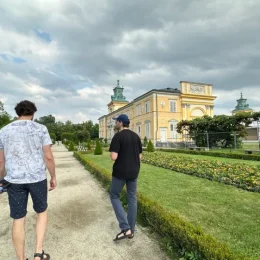
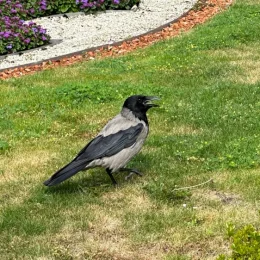
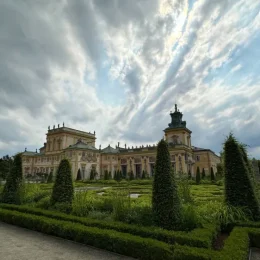
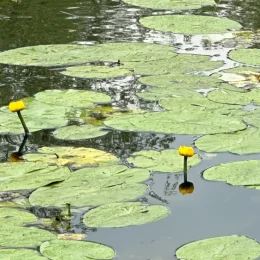
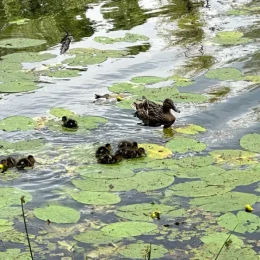
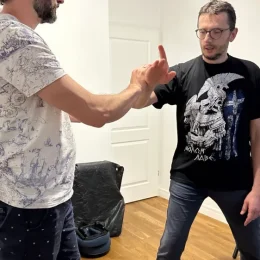
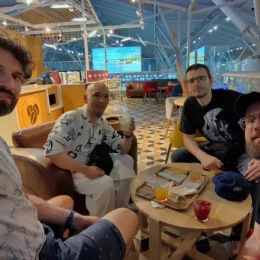
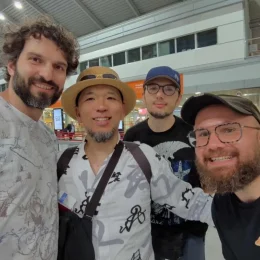
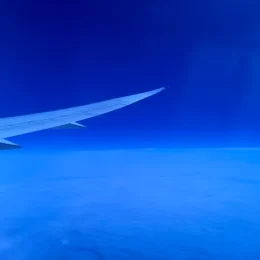
After these discussions and firm handshakes, I left Poland on the night of the 19th. It was a truly wonderful trip. I was able to experience and understand Poland, a country I knew little about until now.
Looking forward to next year… perhaps?! I am excited about the possibility of returning.
Hiroshi Yamamoto, Kakikofu
